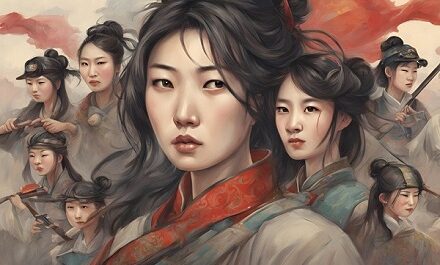Learn Chinese Idiom Name, Pinyin, English
- Idiom in Chinese-女大当嫁。
- Pinyin of Idiom- nǚ dà dāng jià.
- Idiom’s Meaning in English- The Chinese idiom “nǚ dà dāng jià” expresses the traditional belief that a woman should seek marriage once she reaches maturity. It reflects the societal expectation that women should fulfill their role in family life by marrying and starting a new chapter in their lives.
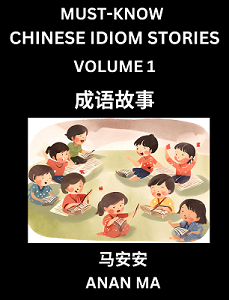
Chinese Idiom Stories Books (HSK All Levels):
- Books to Learn Chinese Idiom Stories (Part 1)
- Books to Learn Chinese Idiom Stories (Part 2)
- Books to Learn Chinese Idiom Stories (Part 3)
Learn Chinese Idiom Story in English (成语故事的英文)
In ancient China, there was a beautiful and intelligent woman named Xiùlán. As the years passed, Xiùlán grew into a mature woman, renowned for her beauty and talent. However, her parents began to worry about her marriage, as it was the societal norm for women to marry once they reached adulthood.
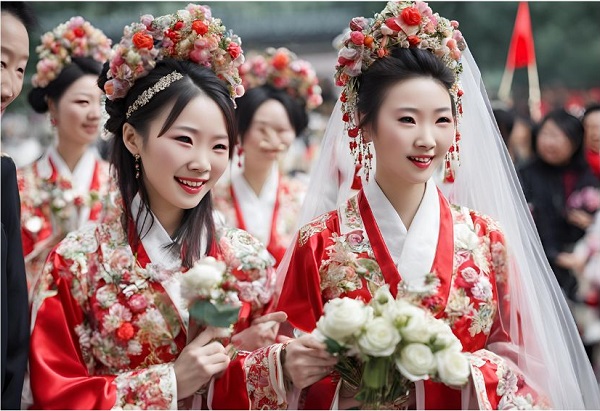
Xiùlán’s parents started looking for a suitable husband for her, but Xiùlán had her own ideas. She desired to find a partner who shared her aspirations and ideals, not just to fulfill social responsibilities. After some challenges, Xiùlán finally met a man she admired, and the two of them fell in love. They eventually got married, fulfilling their dreams.
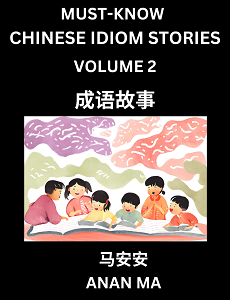
Xiùlán’s story teaches us that “nǚ dà dāng jià” does not necessarily mean women must blindly follow societal norms. Instead, it encourages women to respect tradition while bravely pursuing their own happiness.
Learn Idiom Story in Chinese (成语故事)
在古代中国,有一个美丽聪慧的女子名叫秀兰。随着岁月的流逝,秀兰逐渐长大成人,不仅容貌出众,而且才华横溢。然而,她的父母却开始为她的婚事操心起来,因为按照当时的社会习俗,“女大当嫁”是每个人都需要遵循的准则。
秀兰的父母开始为她物色合适的夫婿,但秀兰却有自己的想法。她希望能够找到一个志同道合、心灵相通的伴侣,而不是仅仅为了履行社会责任而结婚。经过一番波折,秀兰终于遇到了一个她心仪的男子,两人情投意合,最终结为夫妻。
秀兰的故事告诉我们,“女大当嫁”并不意味着女性必须盲目地顺从社会习俗,而是要在尊重传统的同时,勇敢地追求自己的幸福。
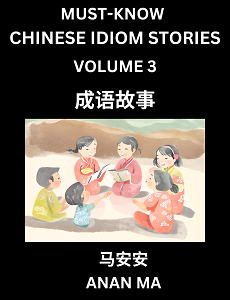
Learn Keywords with English, Simplified Chinese Characters, and Pinyin (关键词)
- 秀兰 (Xiùlán):A beautiful and intelligent woman named Xiùlán
- 夫婿 (fū xù):A husband
- 志同道合 (zhì tóng dào hé):Sharing the same aspirations and ideals
- 心灵相通 (xīn líng xiāng tōng):Having a deep understanding and connection in spirit
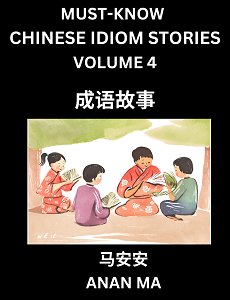
Pinyin of Idiom Story (故事的拼音)
Zài gǔdài zhōngguó, yǒu yīgè měilì cōnghuì de nǚzǐ míng jiào xiù lán. Suízhe suìyuè de liúshì, xiù lán zhújiàn zhǎng dà chéngrén, bùjǐn róngmào chūzhòng, érqiě cáihuáhéngyì. Rán’ér, tā de fùmǔ què kāishǐ wèi tā de hūnshì cāoxīn qǐlái, yīnwèi ànzhào dāngshí de shèhuì xísú,“nǚ dà dāng jià” shì měi gèrén dōu xūyào zūnxún de zhǔnzé.
Xiù lán de fùmǔ kāishǐ wèi tā wùsè héshì de fū xù, dàn xiù lán què yǒu zìjǐ de xiǎngfǎ. Tā xīwàng nénggòu zhǎodào yīgè zhìtóngdàohé, xīnlíng xiāngtōng de bànlǚ, ér bùshì jǐnjǐn wèile lǚxíng shèhuì zérèn ér jiéhūn. Jīngguò yī fān bōzhé, xiù lán zhōngyú yù dàole yīgè tā xīnyí de nánzǐ, liǎng rén qíngtóuyìhé, zuì zhōngjié wéi fūqī.
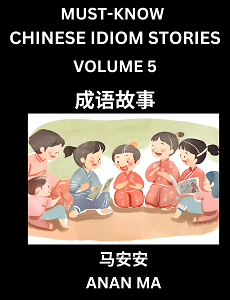
Xiù lán de gùshì gàosù wǒmen,“nǚ dà dāng jià” bìng bù yìwèizhe nǚxìng bìxū mángmù de shùncóng shèhuì xísú, ér shì yào zài zūn chóng chuántǒng de tóngshí, yǒnggǎn de zhuīqiú zìjǐ de xìngfú.



